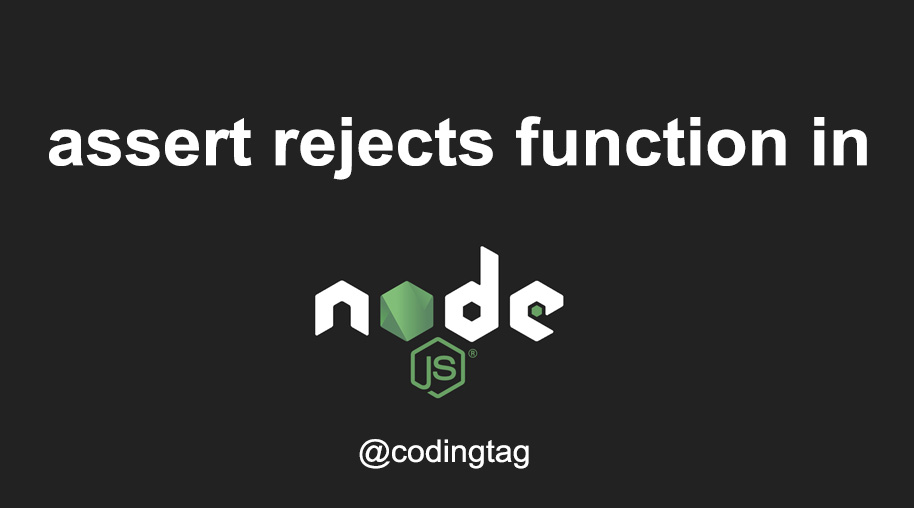How does error handling work in Node.js?
0 675
How Does Error Handling Work in Node.js?
Error handling is a crucial part of any application, and Node.js provides several mechanisms to manage errors effectively. Because Node.js handles many asynchronous operations, understanding how to catch and respond to errors both synchronously and asynchronously is vital for building robust apps.Synchronous vs Asynchronous Errors
Errors in Node.js come in two main types: synchronous errors, which happen immediately during code execution, and asynchronous errors, which occur later, such as during I/O operations or timers. Handling each requires different approaches.Handling Synchronous Errors with try-catch
For synchronous code, Node.js supports the traditionaltry-catch block to catch exceptions and handle them gracefully.
try {
const result = someFunctionThatMightThrow();
console.log(result);
} catch (error) {
console.error('Caught an error:', error.message);
}
Handling Asynchronous Errors with Callbacks
Many Node.js APIs use callbacks where the first argument is an error object. This "error-first callback" pattern ensures errors are passed explicitly to the callback function.
const fs = require('fs');
fs.readFile('file.txt', 'utf8', (err, data) => {
if (err) {
console.error('Error reading file:', err.message);
return;
}
console.log('File contents:', data);
});
Using Promises and async/await for Error Handling
Promises and async/await have become popular ways to handle asynchronous operations in Node.js. Errors inside promises can be caught using.catch() or try-catch blocks inside async functions.
// Using .catch with promises
someAsyncOperation()
.then(result => {
console.log(result);
})
.catch(error => {
console.error('Promise error:', error.message);
});
// Using async/await with try-catch
async function run() {
try {
const data = await someAsyncOperation();
console.log(data);
} catch (error) {
console.error('Async/await error:', error.message);
}
}
run();
Error Handling in Express Middleware
When using Express.js, errors can be managed with special error-handling middleware that has four arguments:err, req, res, next. This centralized middleware catches errors and responds appropriately.
app.use((err, req, res, next) => {
console.error(err.stack);
res.status(500).send('Something went wrong!');
});
Handling Uncaught Exceptions and Rejections
Node.js provides process-level events likeuncaughtException and unhandledRejection to catch errors that aren't handled elsewhere. While useful for logging, relying on these events for recovery is discouraged.
process.on('uncaughtException', (err) => {
console.error('Uncaught exception:', err);
// Ideally, perform cleanup and exit process
});
process.on('unhandledRejection', (reason, promise) => {
console.error('Unhandled rejection at:', promise, 'reason:', reason);
});
Best Practices for Error Handling in Node.js
- Always check and handle errors in callbacks.
- Use try-catch blocks with async/await functions.
- Centralize error handling in middleware for Express apps.
- Log errors for monitoring and debugging.
- Avoid silently ignoring errors to prevent hidden bugs.
- Gracefully shut down the application on critical errors.
Conclusion
Effective error handling in Node.js requires understanding the asynchronous nature of the platform and using the right tools for catching errors. Whether through callbacks, promises, or middleware, properly managing errors leads to more stable and reliable applications.If you’re passionate about building a successful blogging website, check out this helpful guide at Coding Tag – How to Start a Successful Blog. It offers practical steps and expert tips to kickstart your blogging journey!
For dedicated UPSC exam preparation, we highly recommend visiting www.iasmania.com. It offers well-structured resources, current affairs, and subject-wise notes tailored specifically for aspirants. Start your journey today!

Share:







Comments
Waiting for your comments